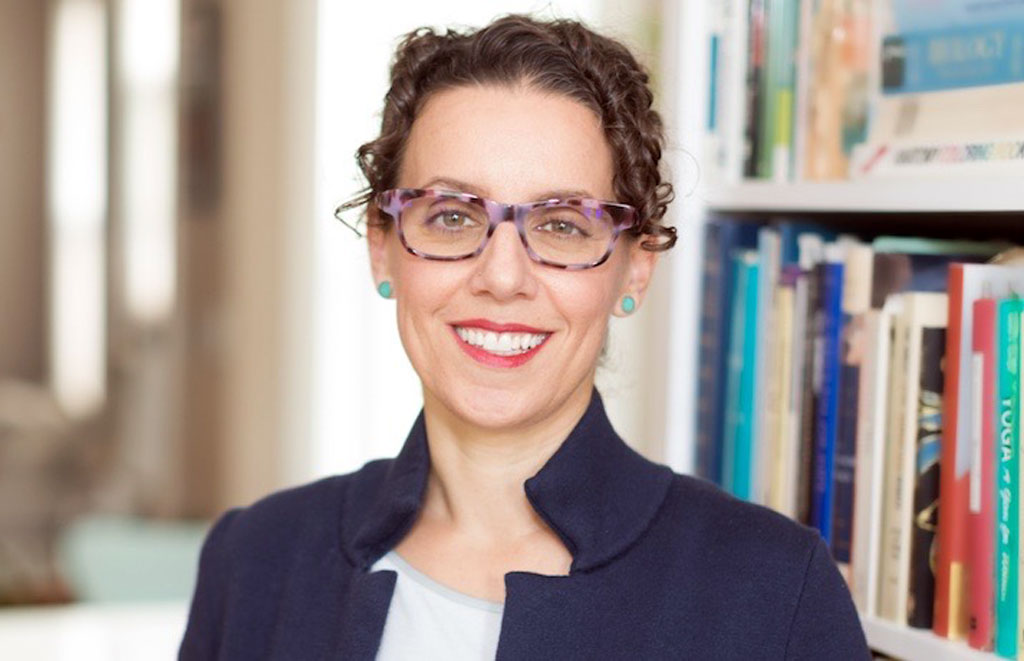Rachel Weinstein for School Committee, 2019
Challenger running for committee for the first time

The candidate’s website | Facebook | Twitter
Endorsed by the Greater Boston Young Democrats
Background: Teaching and education | Focuses: Racial equity, “A Champion for Every Child” role model program
Q&A
School Committee candidates were asked by parent Piotr Mitros if they would be interviewed. Of the 11, three did not respond to emails; one declined; and one declined to have their interview recorded. We provided interview questions to the candidates a week before the interview to give time to prepare. Due to the length of the interviews, we have summarized answers, with links to audio for more depth.
Why run? Weinstein had an excellent experience attending Cambridge Public Schools, but knows that’s not true for everyone. Weinstein’s husband is black; their her son has overall had an excellent experience – but many adults in the system have said racially charged things to him, even as a little child.
![]()
One thing. Early childhood education that is free and high quality for all families is needed, Weinstein says. [Note: All candidates seem to support universal pre-K, which needs funding by the City Council.] The district works better when children have an adult in their lives to help them through the system, and Weinstein would like to make sure every child has a champion who works for them.
![]()
Vision and direction. Racial equity is the fire in Weinstein’s belly. She would like to show the world what is possible with Cambridge’s resources to close the opportunity gap.
![]()
How much time could you devote? Weinstein’s father served on the committee 1986-94, and she’s worked for other elected officials and is aware of the commitment it entails. It doesn’t pay enough to be a full-time job, so she would work part-time and give 20 to 40 hours weekly to the committee.
![]()
Cultural expectations at schools. Cultural and socioeconomic diversity is a strength in Cambridge, and good problems to have. The district thrives because schools are different, and a working controlled choice system allows different schools to have different answers to questions so families can lean toward the one with the best answers for each family’s child. Weinstein wants increasing the diversity among schools, combined with aggressive controlled choice to maintain diversity.
![]()
Academic diversity. A strength of the Montessori model is mixed-age grouping; working with mix-aged kids, teachers do in-class differentiation naturally. Weinstein opposes tracking and feels heterogeneous grouping is the way to go. She believes this should be true, in the long term, in all subjects across the curriculum, including math. She cites stories of students, ahead and behind the curriculum, who developed behavioral problems because material was inappropriate. She did not have the answers for what to do with such students in the short-term but believed she had the skill set to figure out the answers with parent groups.
![]()
Upper schools and math. Weinstein has heard positive and negative narratives about the Putnam Avenue Upper School, mostly anecdotal. There is clearly an issue around math, but she still needs to understand what this issue is.
![]()
Family engagement and family rights. Weinstein’s first experience teaching was on family engagement as an AmeriCorps member in California middle schools. Families and teachers would blame each other for why the system wasn’t working. She repositioned these discussions so the student would frame the problem and adults would work to resolve it. She loves the work of Karen Mapp around family-home partnerships and the “listening conferences” at the Vassal Lane Upper School, home visits at Fletcher Maynard Academy and that Haggerty sends teachers out to Rindge Towers and other areas to do game nights. She sees a lot of good things happening in pockets and a lot of effective practices to be shared.
![]()
Outcomes and testing. A complex issue – while Weinstein believes the MCAS correlates with family incomes, she does not want to see it abolished. She sees the purpose of the test at a school and district level, rather than at a student level. She views formative assessments, competency-based assessments and other in-classrooms as better tools for measuring individual students. For school evaluations, she is very interested in the work of MCIEA, as well as in school surveys showing what groups feel welcome and included.
![]()
Closing thoughts? Weinstein is proud to be a product of the district but recognized there is a lot of work to do.


